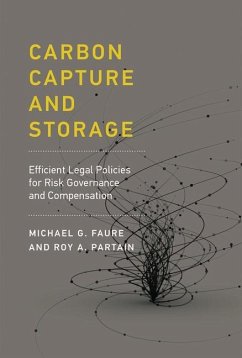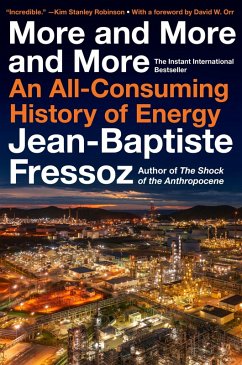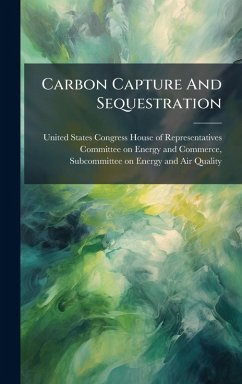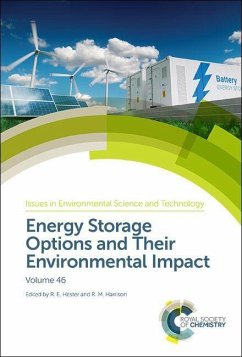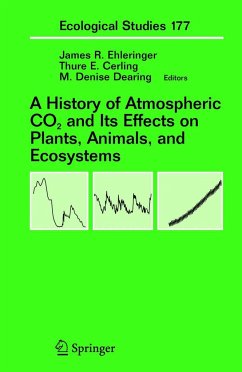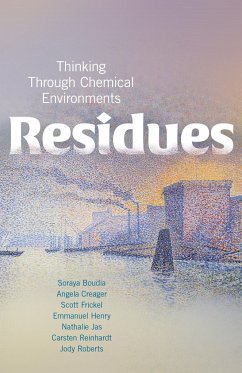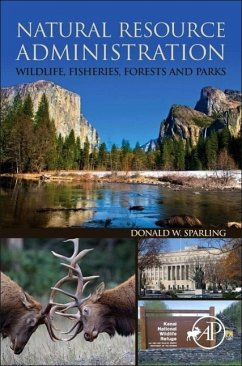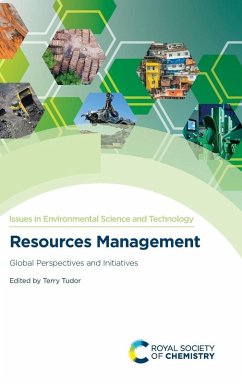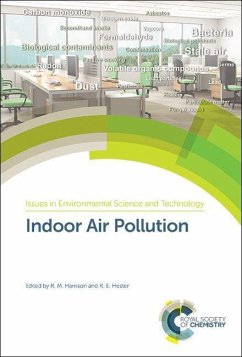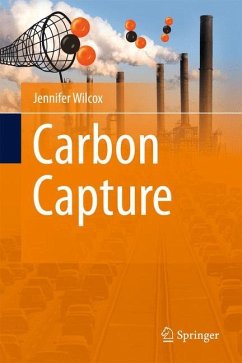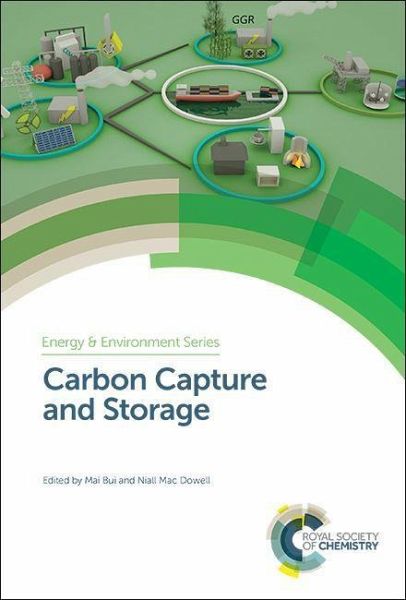
Carbon Capture and Storage

PAYBACK Punkte
111 °P sammeln!
Carbon capture and storage (CCS) and "negative emissions" technologies will play an essential role in mitigating the impact of global warming and meeting the temperature targets set by the IPCC and by COP21. Identifying the role and value of CCS relative to other mitigation technologies is of vital importance. This book provides a comprehensive, up-to-date overview of the major sources of carbon dioxide emission, capture and storage, as well as negative emissions technologies, and provides insight into the role and value of CCS in the industrial and power sectors. The issues associated with co...
Carbon capture and storage (CCS) and "negative emissions" technologies will play an essential role in mitigating the impact of global warming and meeting the temperature targets set by the IPCC and by COP21. Identifying the role and value of CCS relative to other mitigation technologies is of vital importance. This book provides a comprehensive, up-to-date overview of the major sources of carbon dioxide emission, capture and storage, as well as negative emissions technologies, and provides insight into the role and value of CCS in the industrial and power sectors. The issues associated with commercial deployment of CCS are discussed, providing potential approaches to overcome these hurdles through a combination of political, economic and R&D strategies. Carbon Capture and Storage provides the latest global perspective on the role and value of CCS in delivering temperature targets and reducing the impact of global warming. With contributions from internationally recognised leaders, this book will appeal to graduate students and researchers in academia and industry, working in chemical engineering, mechanical engineering, and energy policy.




